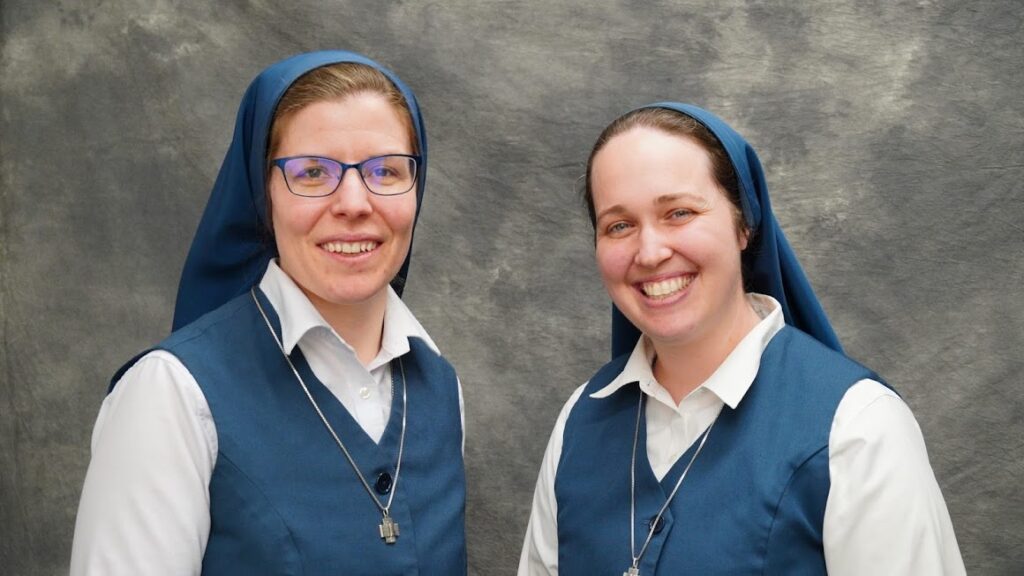Fear is the number one obstacle for young people discerning religious vocations, says Sr. Helena Burns.
“But it’s not always evident,” said Burns, who is the regional vocations director for the Daughters of St. Paul in Toronto. “So the young women are very put together and very articulate, and they don’t manifest the fear, but they are terrified underneath the surface, of the unknown.”
Three vocations directors/promoters from across Canada offered their views to Youth Speak News on what young people discerning religious vocations most often struggle with as they go through discernment. Although the job titles are slightly different, each has the role of meeting with young people serious about discerning one’s vocation, as well as promoting and educating people on vocations to religious life.
A 2018 research study on Recent Vocations to Religious Life in Canada, looked at 356 religious communities in Canada. The study shows that of the communities that have not had someone enter in the last 20 years, eight out of 10 did not have a vocations director.
All three directors said that not everyone they met with who had a vocation to religious life necessarily had a vocation to their order. Another common comment was that most people are called to the married state, and not necessarily religious life.
Jesuit Rev. Edmund Lo, stationed in Regina, said his role as a vocations promoter not only involves meeting with young men interested in the Jesuit vocation, but also to aid in building a vocations culture.
“I think at the heart of a culture of vocations is really knowing that we are all sons and daughters of God and God has called us personally to follow Him in a certain way, and what that way is, is for an individual to discern,” he said.
A major common theme from the directors is young people’s dedication to a prayer life.
“It’s all about prayer, so we get women to pray and ask God what is He saying?” said Burns.
“So, we’re often meeting young women today whose prayer life isn’t developed and they’ll say things like ‘being a sister is a good idea’ or ‘I feel called,’ but when you unpack ‘called’ there is no regimen of prayer life.”
Rev. Harrison Ayre, vocations promoter for the Diocese of Victoria in B.C., said the self-serving mindset of the wider culture can be a barrier for young people discerning their vocation.
“So you could see your vocation as a very self-serving or narcissistic way,” he said. “It’s not about you, it’s about Jesus. The idea of a steady prayer life.”
Ayre said there can also be a misconception in how people discern marriage the same way they discern religious life. As the Church views marriage as “being in the very nature of man and woman,” Ayre argues that one does not so much need to discern if they are called to marriage, but if they are called to serve God intimately in a celibate vocation.
“Where discernment begins,” Ayre said, “is asking ‘Did God put something on my heart to forsake this good of marriage for the sake of following Him more closely through a celibate vocation?’”
Lo said that generosity is a vital quality of anyone discerning the religious state: “Generosity of heart, generosity as to give his life up for something greater.”
All three vocations directors agree that cultivating a culture of vocations around young people is a family and community effort.
“The first thing one could do to support vocations is to ask young men and women in your families, ‘Have you thought about a vocation?,’” said Ayre.
“Even if they don’t go to church … let’s say down the line they have a conversion or whatever. They know, ‘Hey, Grandma and Grandpa support it.’ Those asking that question, those are people I can trust in this,” he said.
– Katherine Szojka, 18, is a graduate of St. Gabriel Online School in St. Albert and a Youth Speak News columnist. This column was originally published by The Catholic Register.

